Seminars from leading scholars in the field will introduce computational social science methodologies and the topic of democratic debate. Our experts are experienced scholars in computational social science. During the summer school, each expert gives a lecture and/or a hands-on workshop.
Most of our experts will also lead projects. During the summer school, two experts work together and build a team with up to four students on one pre-specified research topic. The experts’ task is to lead the research project and supervise students. Ideally, the research project finishes with a publication.
Organizers

Jan Lorenz | BIGSSS, Constructor University Bremen (Germany)
Jan is an Assistant Professor in Social Data Science at Constructor University. He obtained a PhD in Mathematics from University of Bremen and was a postdoc at ETH Zürich, Carl von Ossietzky University of Oldenburg, and GESIS. He is interested in opinion dynamics and collective decisions and uses agent-based and data-driven dynamical modeling. He also worked on comparative projects on measuring social cohesion. Jan organized and participated as an expert in all previous editions of the summer school series.

Bruce Edmonds | Manchester Metropolitan University (UK)
Bruce is a Professor of Social Simulation and Director of the Centre for Policy Modelling at the Manchester Metropolitan University. He is expert at the methodology and application of agent-based simulation as applied to issues of policy interest. He was the coordinator of an EU H2020 project on populism and the UK PI of an ORA/ESRC project on mutual influence. Bruce participated as an expert in the summer school on social cohesion in Groningen in 2022.
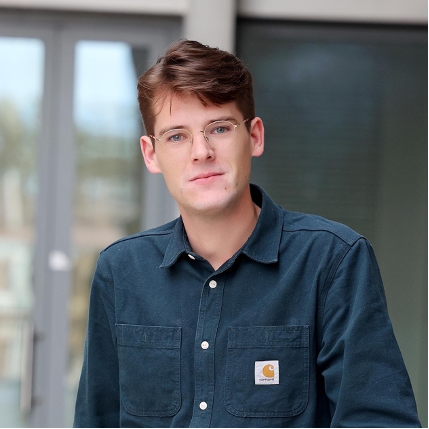
Marijn Keijzer | Institute for Advanced Study in Toulouse (France)
Marijn is a research fellow at the Institute for Advanced Study in Toulouse, specializing in modeling of opinion dynamics and polarization in online social media. In his work, he uses computational social science methodologies like agent-based modeling, online experiments and the analysis of digital trace data to form and test mechanism-based explanations for social phenomena. He received a PhD in Sociology from the University of Groningen and worked at the chair of Sociology and Computational Social Science at the Karlsruher Institut für Technologie (Germany) as a postdoctoral researcher. Marijn participated as an expert in the summer school on social cohesion in Groningen in 2022.
Experts
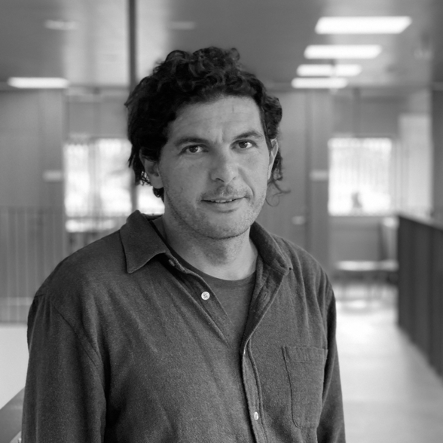
Pantelis P. Analytis | University of Southern Denmark (Denmark)
Pantelis P. Analytis is an associate professor at the Department of Business and Management, a fellow at the Danish Institute of Advanced Studies, and a member of the Digital Democracy Center, at the University of Southern Denmark (SDU). Before joining SDU he worked as a postdoctoral researcher at the departments of Computer and Information Science at Cornell University, and as a predoctoral researcher at the Max Planck Institute for Human Development (PhD from Humboldt University).
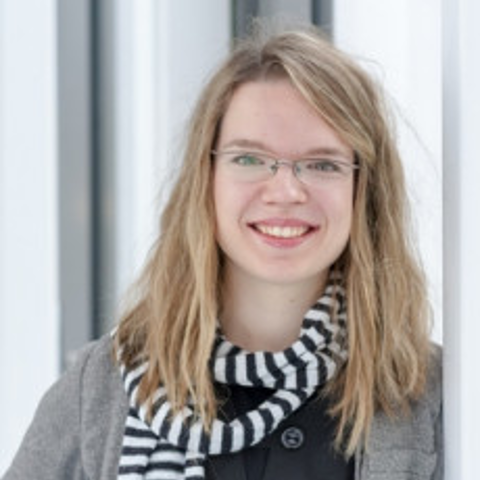
Veronika Batzdorfer | GESIS (Germany)
Veronika is a post-doctoral researcher at the Computational Social Science Department GESIS–the Leibniz Institute for the Social Sciences. Her research focuses on understanding the causal underpinnings of conspiratorial mindsets, modelling complex socio-psychological phenomena (e.g., online radicalisation, mental health, public opinion on AI technologies) using language and web trace data and intensive longitudinal data analysis.
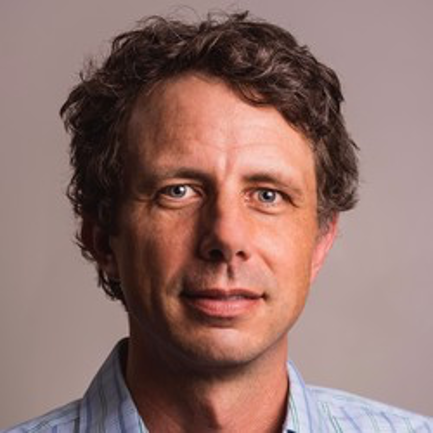
Neal Caren | University of North Carolina, Chapel Hill (USA)
Neal Caren is a sociologist and an associate professor at the University of North Carolina at Chapel Hill. He received his Ph.D. in sociology from New York University. His research interests include social movements and the media. He uses quantitative methods to analyze large-scale datasets, including text and social media data, to better understand the dynamics of social and political change. He teaches courses on computational social science using Python and is the editor of the interdisciplinary social movements journal, Mobilization.

Dino Carpentras | ETH Zurich (Switzerland)
Dino Carpentras is a post-doctoral researcher at the Computational Social Science group at ETH Zürich and is currently working on tools for enabling and fostering collective intelligence in digital democracy. His research revolves around people’s opinions and how they can shape group identity, social interactions, and the democratic process. During his Marie Curie Fellowship, Dino worked on models of social influence and network-based methods for studying attitudes in group formation.

Christian Czymara | University of Tel Aviv (Israel)
Christian Czymara is a postdoctoral researcher at the University of Tel Aviv (Israel) where he is leading a research project on the impact of terrorism on out-group attitudes using social media data. He holds a PhD in Social Sciences from the University of Cologne (Germany). His research focuses on attitudes, immigration, and political communication using quantitative and computational methods as well as natural language processing.
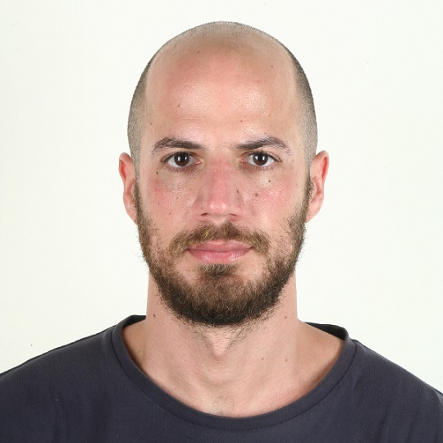
Alexandros Gelastopoulos | University of Southern Denmark (Denmark)
Alexandros Gelastopoulos is a postdoctoral researcher at the Department of Economics and Business at Pompeu Fabra University, and at the Department of Business and Management at the University of Southern Denmark. He holds a PhD in Mathematics (Boston University) and in his research he uses probabilistic models to study social influence, especially the role of rankings in shaping this influence and the consequences for collective dynamics, such as opinion polarization, collective decision making, or the rise of hit cultural products.
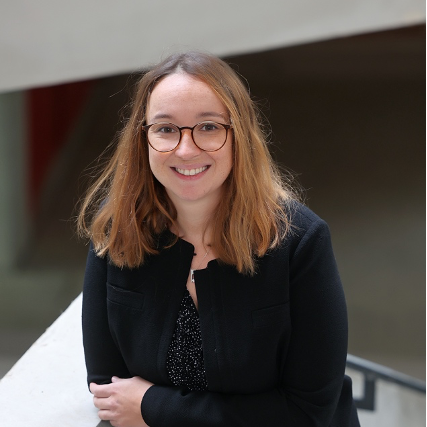
Marion Hoffman | Institute for Advanced Study in Toulouse (France) & University of Zürich (Switzerland)
Marion is a Research Fellow at the Institute for Advanced Study in Toulouse and a postdoctoral researcher at the University of Zürich. Her research aims at furthering statistical methods for the analysis of social networks and social groups. Her work particularly focuses on relational event models, exponential family models for group data, and models for weighted networks. Her empirical work has focused so far on the analysis of social interactions and self-formed teams.
André Martins | University of São Paulo (Brazil)
André Martins is a physicist working on complex systems, with a special focus on opinion dynamics, rationality and cognition, and evolutionary dynamics. He uses Agent-based models and networks to simulate social interactions.
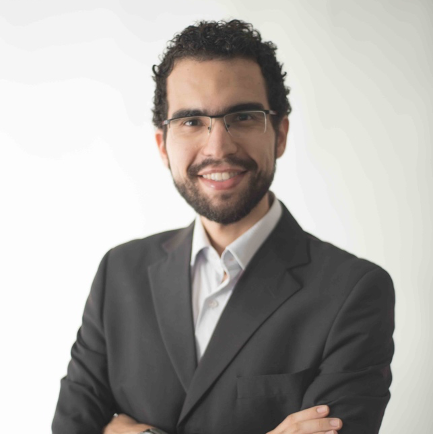
Rafael Mesquita | Federal University of Pernambuco (Brazil)
Rafael Mesquita is an Assistant Professor at the Political Science Department of the Federal University of Pernambuco (UFPE), Brazil, and a 2022-23 Associate Fellow at the German Institute of Global and Areas Studies (GIGA). His research is centered on regional powers and international organizations, especially the quantitative analysis of diplomacy and the UN system. He is currently the coordinator of the CNPq-funded project “Multilateralism and global challenges”.
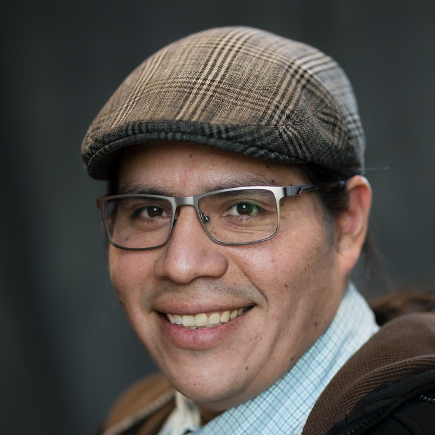
Ivan Puga-Gonzalez | NORCE Center for Modelling Social Systems (Norway)
Ivan Puga-Gonzalez is a senior researcher at the NORCE Center for Modelling Social Systems in Kristiansand, Norway. His research interests are modeling and social simulation of complex adaptive human and non-human social systems. He holds a PhD in Theoretical Biology from the University of Groningen. He has worked on several different projects that employed ABM simulations as the main research tool, going from social behavior and social network of primates, to spread of religious beliefs and secularization in western European Nations.
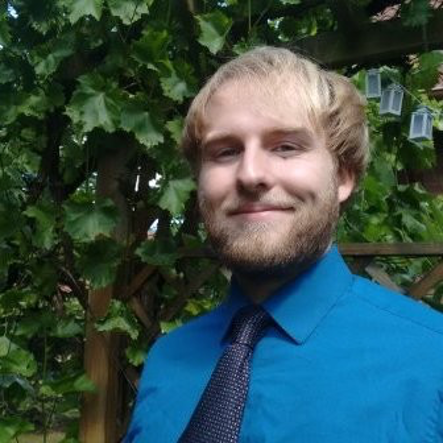
Philip Warncke | University of North Carolina at Chapel Hill (USA)
Philip Warncke is a PhD candidate at the University of North Carolina (UNC). His dissertation research focusses on the emergence of mass belief systems, empirical models of political ideology, and people’s perception of the public opinion space. Methodologically, he applies statistical network analysis, meta-analysis, and survey experiments. His an author of the R-ResIN (Response Item Networks) package. Before starting his PhD at UNC, Philip obtained a Master’s Degree from the London School of Economics and worked as a local campaign organizer in London.
Maximilian Weber | Goethe University Frankfurt (Germany)
Maximilian Weber is a research fellow at Goethe University Frankfurt. His research focuses on social stratification and text-as-data methods. In his work, various social science questions are addressed and answered through the use of Natural Language Processing (NLP) techniques. This includes the use of pre-trained deep learning language models. He obtained a PhD in Sociology from Goethe University in 2023.
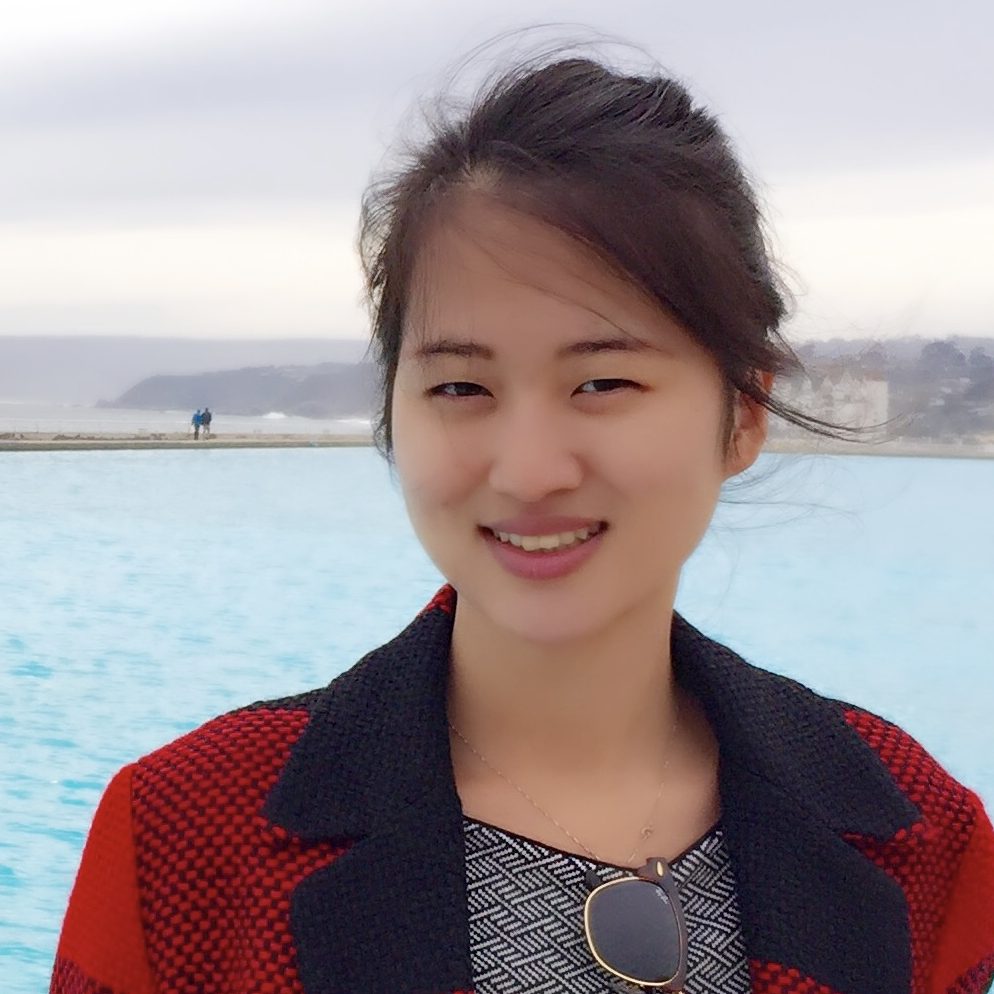
Weijun Yuan | University of California, Irvine (USA)
Weijun Yuan is a Ph.D. candidate in Sociology at the University of California, Irvine (expected to graduate in 2024). She got her Bachelor’s degree from Tsinghua University, Beijing, and her Master’s from the University of California, San Diego. She worked as a research fellow at Tsinghua University, the Arias Foundation in Costa Rica, and the University of Pittsburgh. Her research interests include social movements, networks, and organizations. She applies dynamic network models to investigate the relationships between activist groups and the processes of consensus-building among them. In addition, Weijun studies news coverage of social movements, examining the volume, sentiment, and substance of media coverage. Her approach involves utilizing computational tools to collect and analyze news archives and social media data. Weijun is an alumna of the BIGSSS Summer School 2022.

